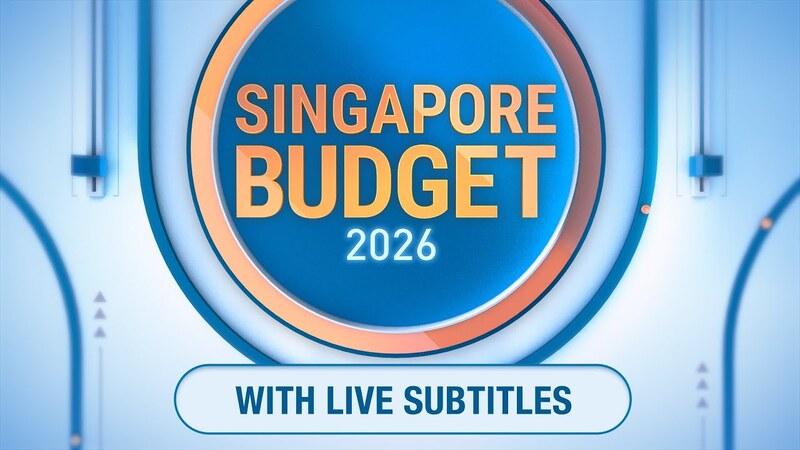Is This the Right Company for Me: 5 Smart Questions to Find Your Perfect Job Fit
Choosing the right job isn’t just about salary or title anymore. In today’s workplace, cultural fit, growth potential, work-life balance, and values alignment matter just as much — if not more.
With “How to know if a company is right for you” topping global job search queries in the past year, both jobseekers and hiring managers are now prioritising long-term compatibility over quick wins.
So how do you figure out if a company is truly the right fit for you? Start by asking these 5 powerful questions before signing the offer letter.
📈 Why This Matters: Fit = Retention + Fulfilment
- According to LinkedIn’s 2024 Workplace Insights, 72% of jobseekers regret accepting a job offer within the first three months — with poor fit as the top reason.
- A 2023 Gallup survey found that employees who feel aligned with their company’s culture are 3.7x more likely to stay and 4.4x more likely to thrive.
- In Singapore, the Ministry of Manpower (MOM) reports that “misalignment of expectations” is among the top reasons for early resignations.
Finding your best-fit company isn’t just ideal — it’s essential for long-term career growth.
5 Questions to Ask Before You Say Yes
1. “What are this company’s core values — and do they show up in daily work?”
A company might say it values innovation or teamwork, but do its employees actually live those values? Ask for real examples in your interview or browse the company’s website, blog, or LinkedIn.
2. “How does the company support employee development?”
The best companies don’t just hire talent — they grow it. Whether through training, mentorship, or leadership tracks, look for signs that your potential employer invests in upskilling.
3. “How is feedback given — and received?”
A healthy feedback culture says a lot about leadership and trust. Does the company promote open communication? Are performance appraisals two-way? Are ideas welcomed, or dismissed?
Pro tip: Ask how recent changes were handled. Transparency is everything.
4. “What does success look like in this role?”
This reveals two things: how clearly your role is defined, and whether your goals align with the team. If success sounds vague or overly ambitious, it may signal lack of structure or support.
5. “How does the company build culture in a remote environment?”
In a remote-first world, culture doesn’t happen at the watercooler — it needs to be intentional and inclusive.
Ask:
- Are there regular virtual check-ins or team rituals?
- How are birthdays, wins, and milestones celebrated remotely?
- Is there psychological safety in digital spaces like Slack, Zoom, or Teams?
Look for companies that make the effort to build connections — not just assign tasks — even when you're miles apart. A strong remote culture is a sign of mature leadership and people-first values.
💼 What Employers Can Learn From This Too
If you're hiring, know that candidates are evaluating you just as much as you're assessing them.
Companies that are transparent, culture-forward, and invest in meaningful growth are more likely to attract — and retain — high-quality talent in today’s market.
Final Thoughts from Reeracoen
At Reeracoen, we believe that job fit is a two-way street. It's about finding harmony between your values and your environment, between your potential and the company's mission.
Whether you're a jobseeker looking for the right fit, or an employer trying to hire right the first time — these questions can shape better, longer-lasting matches.
Seeking Your Next Career Opportunity?
Submit your CV — Our trusted Career Consultants will review your resume and contact you if we find a position that matches your profile!
OR
Looking to Hire?
Please fill in this Inquiry Form — our Recruitment Consultants will be in touch with you soon!
Disclaimer:
The information provided in our blog articles is intended for general informational purposes only. It is not a substitute for professional advice and should not be relied upon as such.
While we strive to provide accurate and up-to-date information, the ever-evolving nature of certain topics may result in content becoming outdated or inaccurate over time. Therefore, we recommend consulting with qualified professionals or experts in the respective fields for specific advice or guidance. Any actions taken based on the information contained in our blog articles are solely at the reader's discretion and risk. We do not assume any responsibility or liability for any loss, damage, or adverse consequences incurred as a result of such actions.
We may occasionally provide links to external websites or resources for further information or reference. These links are provided for convenience and do not imply endorsement or responsibility for the content or accuracy of these external sources. Our blog articles may also include personal opinions, views, or interpretations of the authors, which do not necessarily reflect the views of our organisation as a whole. We encourage readers to verify the accuracy and relevance of information presented in our blog articles and to seek professional advice when needed. Your use of this website and its content constitutes acceptance of this disclaimer.
References
1. LinkedIn Global Talent Trends 2024
2. Gallup – State of the Global Workplace 2023
3. Ministry of Manpower Singapore – Retention and Resignation Trends
4. Harvard Business Review – How to Know If a Company Is Right for You





